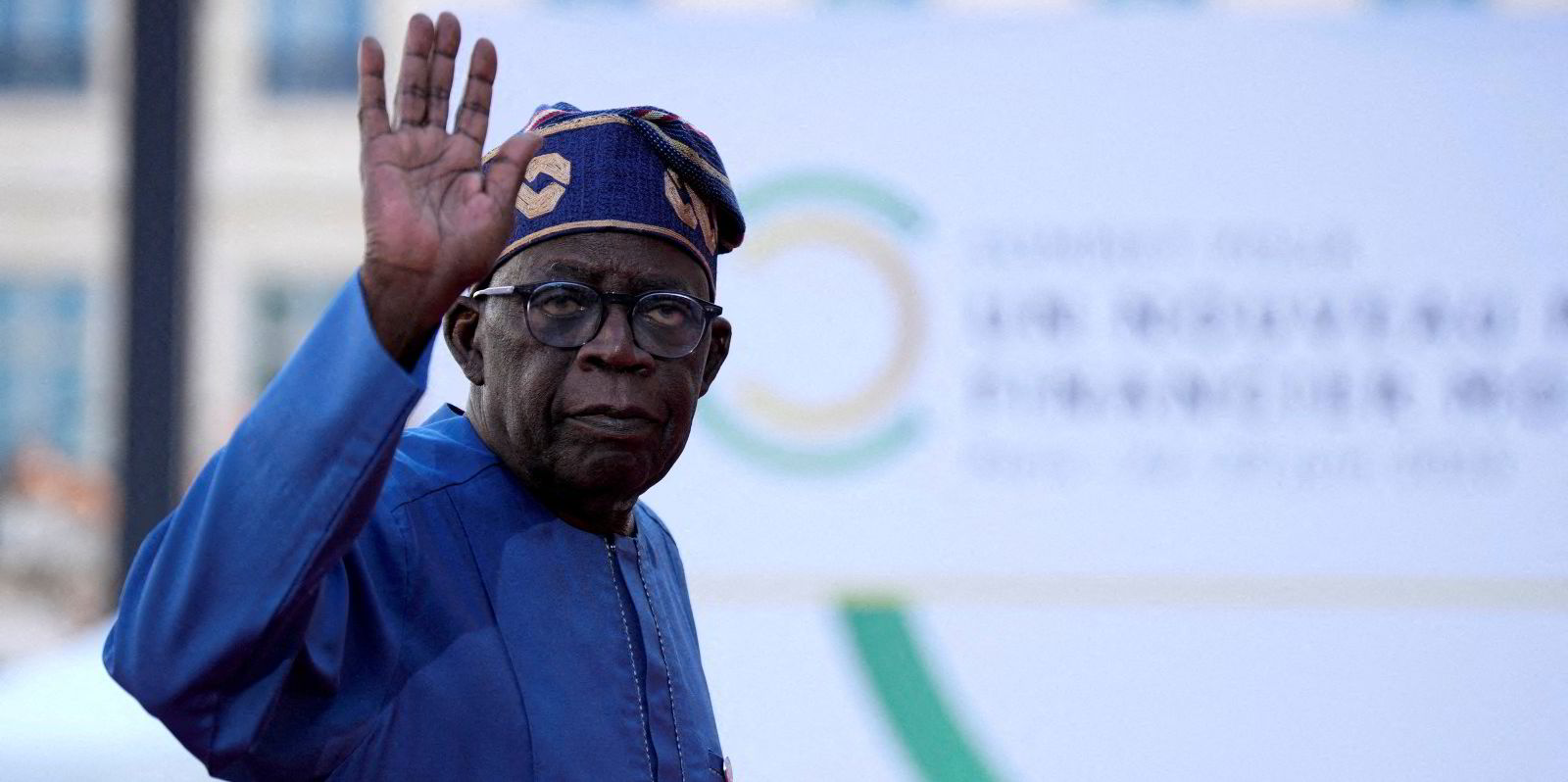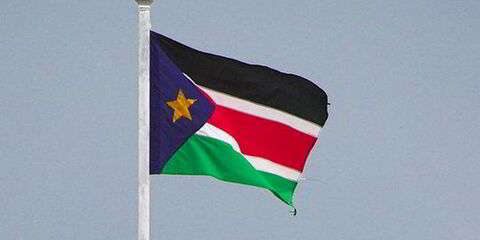Tanker companies will increasingly avoid Nigeria unless it ends its pursuit of owners over years of unpaid taxes, Intertanko said on Monday.
The trade body, which represents about 180 companies behind more than 4,000 crude, product, gas and chemical tankers, called on the authorities to scrap a campaign seeking 13 years of freight back payments for overseas operators.
Owners first raised concerns in May after receiving letters from Nigeria’s Inland Revenue demanding payment of taxes from 2010 to 2019 plus penalties and interest, apparently based on a largely ignored law from 2004.
Nigeria has called on all tanker operators to settle their tax bills by the end of the year or face reprisals for tax evasion. It is understood that it has targeted only a fraction of ships so far and is preparing for a five-year programme of work to force the shipping industry to pay.
Nigeria’s new administration, led by President Bola Ahmed Tinubu, has charged a new committee with developing fiscal policy and tax reforms to drive the country’s economic development.
Intertanko legal counsel Selena Challacombe told an online meeting organised by local tax authorities and business interests that owners had grave reservations about calling into Nigerian ports, particularly after 1 January, when they risk having their vessels seized.
She said there had been no previous notification of the collection scheme under Nigeria’s “fragmented, rudimentary and complex tax system”.
“In order for tax to be paid, it is reasonable to expect full and proper notification prior to implementation and before the process can be properly considered,” Challacombe said. “There was no proper notification to the international community prior to implementation of this tax.”
She said thousands of vessels appeared to be affected by the tax, which has taken tanker owners and charterers by surprise. One Greek shipowner was asked to pay $18m in taxes allegedly incurred between 2011 and 2019, TradeWinds has reported.
Owners are in a bind because they are not in a position to claw back money from charterers, who would be responsible for any tax payment, said Challacombe.
The tax demands leave pool operators in a particularly difficult position and open up disputes between charterers and owners about liability for past trades. Tanker owners were not able to factor the tax into their commercial negotiations with charterers as they did not know about it.
Owners now face costly legal action in multiple jurisdictions, which may be barred because of the time since the charter, with Nigeria’s tax claims going back 13 years. Some charterers may no longer be trading and some owners “simply do not have the funds to pay”, Challacombe added.
Some owners have started to speak with the Nigerian tax authorities but have experienced a “less than cooperative reaction”. Some owners have declined to reveal the names of charterers, citing commercial confidentiality, according to a source with knowledge of the campaign.
However, the tanker sector faces difficulties, Challacombe said, as some parts of the industry have paid — an apparent reference to liner operators — “but this is not how the tanker market works”, she added.
Intertanko believes that the review into past tax costs should be “dispensed with” and the authorities should focus on future compliance from a set date.
The Inland Revenue outlined the relevant laws in the hybrid seminar on Monday but gave no immediate indication that it was drawing back from the campaign.
Read more
- Tight tanker market holds firm amid continued Saudi and Russia supply cuts
- Nigeria turns to ‘tiny tankers’ to boost shipments due to pipeline outage
- Suezmax tanker earnings double in a day as rates ride aframax coat-tails
- Oil markets on tenterhooks over Middle East crisis, says IEA
- Russian fuel export ban leaves tanker market in limbo, says Poten & Partners




